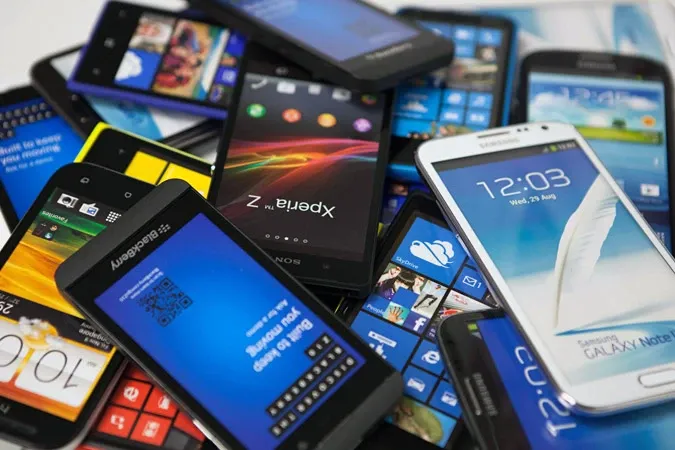Nokia Launches Aurelis Optical LAN
Nokia announced the launch of Aurelis Optical LAN, its next-generation fiber-based LAN solution developed to meet the evolving demands of enterprise connectivity.

More than five billion mobile phones, currently sitting unused and unloved in desk drawers around the globe, are targeted for reuse or recycling, according to GSMA. The mobile industry aims to develop a more circular supply chain for the smartphones most of us rely on every day.
In a boost to the industry’s circularity ambitions, 12 operators around the world signed up to a new set of pace-setting targets developed with the GSMA, which represents the mobile industry worldwide, in a project led by Tele2 and Orange. The new goals are designed to accelerate and build upon the work already being undertaken by the mobile industry as it takes steps to move away from the traditional ‘take-make-dispose’ approach to the materials used in mobile phones.
Operators are committing to increase the take-back of mobile phones, boost the recovery of mobiles, and prevent devices from going to landfill or incineration. By 2030, the number of used mobile devices collected through operator take-back schemes should amount to at least 20% of the number of new mobile devices distributed directly to customers. In the same period, 100% of used mobile devices collected through operator take-back schemes will be repaired, reused, or transferred to controlled recycling organizations.
Alongside existing commitments such as operators’ targets, initiatives, and national take-back schemes, this new set of goals is intended to help reduce e-waste, extending the longevity of mobile devices by giving them a second life, as well as recycling materials to be used in new smartphones. A refurbished phone can have 87% lower climate impact than a newly manufactured phone. The GSMA estimates that if properly recycled, five billion mobile phones could recover $8 billion worth of gold, palladium, silver, copper, rare earth elements, and other critical minerals, and enough cobalt for 10 million electric car batteries.
The figures highlight the pool of valuable resources available for reuse or responsible recycling. Using such materials effectively could potentially lower the cost of manufacturing mobile phones, and tackle affordability barriers that are preventing more people from getting online. At the same time, operators recognize that further work is needed to address concerns that stop people from returning handsets, such as data privacy, the need to save precious memories stored on devices, and the desire to keep a spare device.
“Most mobile operators around the world are already taking concrete actions to rapidly cut their carbon emissions over the next decade. Moreover, mobile connectivity is playing a major role in helping all sectors of the economy reduce their climate impact, enabling smarter and more efficient manufacturing, transport, and building, to name a few. However, mobile operators are determined to go further. We believe in the need to move to a more circular economy to reduce the impact of mobile technology on the environment and applaud the latest commitments from 12 leading operators to accelerate the transition to greater circularity. In addition to the environmental benefits, more efficient and responsible use of resources could lower costs and make devices more affordable for the unconnected,“ said John Giusti, Chief Regulatory Officer for the GSMA.